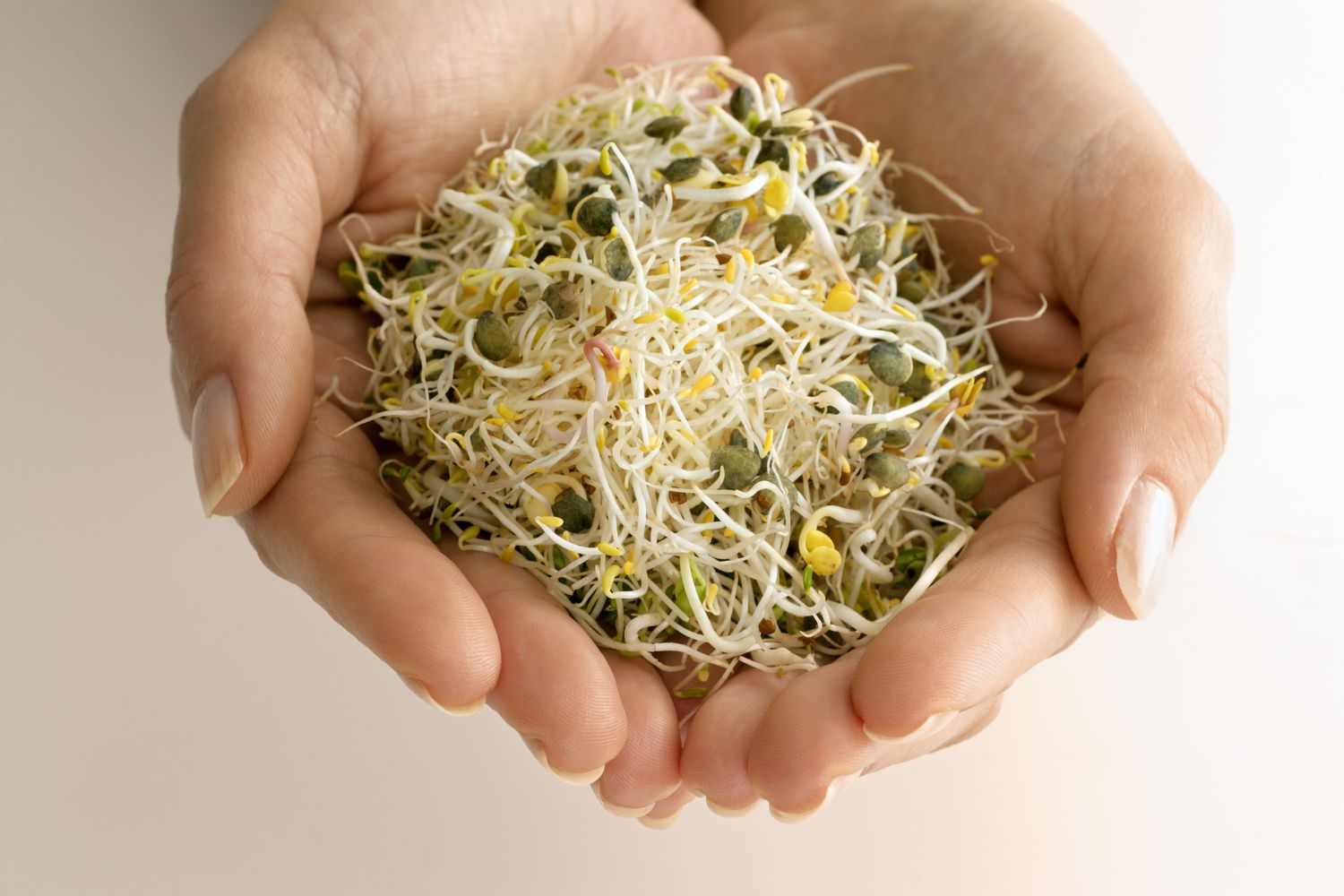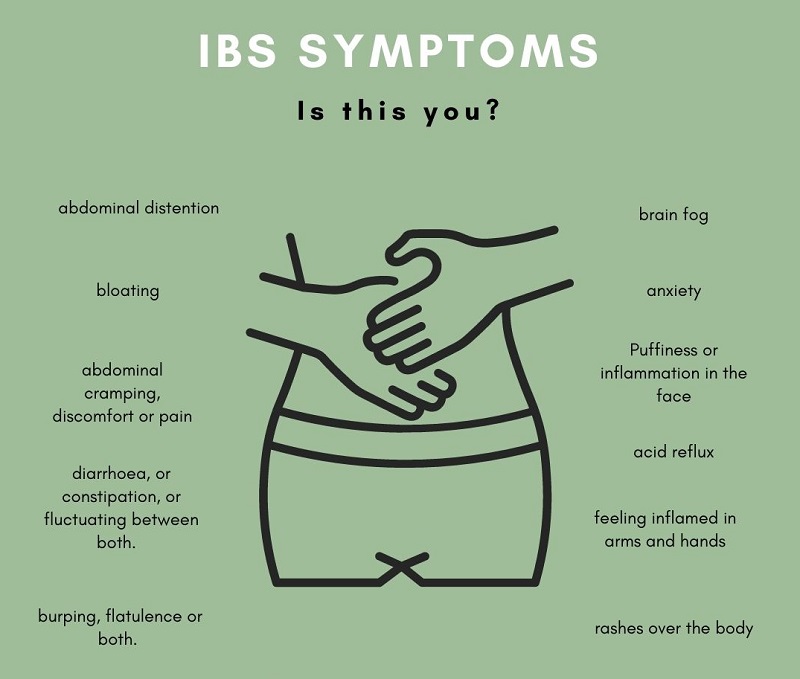Alfalfa, also known as lucerne, medicago, or purple medic, is a plant that has been utilized for centuries as both a source of food and traditional medicine. Belonging to the legume family, which includes beans, peas, and lentils, alfalfa offers a wealth of nutrients and bioactive compounds. In this article, we’ll explore the potential health benefits of alfalfa based on the latest research and expert opinions, as well as considerations for its usage.
Nutrient-Rich Alfalfa
Alfalfa is a nutritional powerhouse, packed with vitamins, minerals, protein, and dietary fiber. It’s also rich in bioactive plant compounds, including saponins, coumarins, flavonoids, phytosterols, phytoestrogens, and alkaloids. These compounds contribute to its potential health-promoting properties.
Potential Health Benefits
1. Cholesterol Management
- Alfalfa’s high content of saponins, plant compounds, may help lower cholesterol levels by reducing absorption and synthesis of cholesterol in the body. Animal studies have shown positive effects on total cholesterol, LDL (bad) cholesterol, and triglyceride levels, while increasing HDL (good) cholesterol.
Note: Although promising, recent human studies are limited, and more research is needed to confirm these findings.
2. Blood Sugar Control
- Alfalfa’s fiber content can slow down glucose absorption in the bloodstream, potentially stabilizing blood sugar levels. Coumarins, found in alfalfa, may stimulate insulin secretion, aiding in blood sugar regulation.
Note: While alfalfa is traditionally used to treat type 2 diabetes, scientific evidence supporting this use is insufficient. Further research is required.
3. Menopause Symptom Relief
- Alfalfa’s phytoestrogens, which mimic estrogen effects, may help alleviate menopausal symptoms like hot flashes, mood swings, and vaginal dryness.
Note: Mixed evidence exists regarding its effectiveness. Further research is needed to determine the optimal dose and duration for menopausal relief.
4. Antioxidant Properties
- Alfalfa contains flavonoids, phytosterols, alkaloids, and other antioxidants that scavenge free radicals, potentially protecting cells from oxidative damage associated with chronic diseases.
Note: Most research on alfalfa’s antioxidant effects has been conducted in test tubes or animals, requiring further study in humans.
Alfalfa Production Around the World
Alfalfa is not only valued for its potential health benefits but also as a major agricultural commodity. Here are the top 10 countries with the highest usage and production of alfalfa:
- United States: The United States is a significant producer and exporter of alfalfa, particularly for livestock feed.
- China: China has extensive alfalfa fields and is a key player in the global alfalfa market.
- Spain: Spain is known for its alfalfa production, which supports its livestock industry.
- Argentina: Argentina is a major contributor to the global supply of alfalfa, benefiting from its favorable climate.
- France: France boasts extensive alfalfa fields that cater to both domestic and international markets.
- Mexico: Mexico is a significant consumer of alfalfa, supporting its livestock sector.
- Australia: Australia’s alfalfa production contributes to its thriving livestock industry.
- Turkey: Turkey is a notable producer of alfalfa, supporting its growing livestock population.
- Kazakhstan: Kazakhstan’s alfalfa fields contribute to its agricultural landscape.
- Russia: Russia is another country with a growing alfalfa production sector.
These countries are major producers and exporters of alfalfa, playing a crucial role in meeting global demand, especially for livestock feed.
https://sugarfreeshop.online/beet-the-pressure-how-beetroot-naturally-lowers-blood-pressure/
Side Effects and Considerations
Alfalfa is generally safe when consumed in moderation. However, there are some considerations:
- Allergic Reactions: Individuals with a history of legume or plant allergies may experience allergic reactions to alfalfa.
- Bleeding Risk: Alfalfa’s high vitamin K content can interfere with blood-thinning medications, increasing the risk of bleeding. Consult a healthcare provider if you’re on anticoagulants.
- Lupus Risk: Alfalfa contains L-canavanine, which can trigger or worsen lupus, an autoimmune disease. Those with lupus or at risk should avoid or use alfalfa under medical supervision.
- Hormonal Effects: Alfalfa’s phytoestrogens can affect hormone balance. Consult a doctor if you have hormone-sensitive conditions or are on hormone therapy.
- Gastrointestinal Effects: Alfalfa may cause bloating, gas, nausea, diarrhea, or constipation, particularly in high amounts. Start with a low dose and increase gradually.
- Infection Risk: Alfalfa sprouts can carry bacteria like E. coli or Salmonella. Wash thoroughly and consider light cooking to reduce the risk of foodborne illness.
How to Use Alfalfa
Alfalfa can be consumed in various forms:
- Sprouts: Add crunchy alfalfa sprouts to salads, sandwiches, soups, or stir-fries.
- Leaves: Use dried and ground alfalfa leaves in tea, smoothies, capsules, or tablets.
- Seeds: Sprout alfalfa seeds or grind them into flour for raw or cooked consumption, including baking or porridge.
- Extract: Alfalfa extract is available in liquid or solid forms and can be taken as drops, tinctures, capsules, or tablets.
Here are some questions and answers about alfalfa :
Question: What are the health benefits of alfalfa?
Answer: Alfalfa is a nutrient-rich plant that has been linked to a number of health benefits, including improved blood sugar control, weight loss, reduced risk of heart disease, increased bone density, improved gut health, boosted immune system, and reduced inflammation. However, more research is needed to confirm these benefits.
Question: Is alfalfa safe to eat?
Answer: Alfalfa is generally safe to eat, but it can cause allergic reactions in some people. It is also important to note that alfalfa can interact with certain medications, so it is important to talk to your doctor before taking alfalfa supplements.
Question: How much alfalfa should I eat?
Answer: The recommended daily intake of alfalfa is 50-100 grams. However, it is important to start with a small amount and gradually increase your intake to avoid side effects.
Question: How can I add alfalfa to my diet?
Answer: Alfalfa can be eaten fresh, cooked, or dried. It can also be taken as a supplement. Here are some ways to add alfalfa to your diet:
- Add alfalfa sprouts to salads, sandwiches, or wraps.
- Add alfalfa powder to smoothies or yogurt.
- Cook alfalfa leaves or shoots like spinach or asparagus.
- Take alfalfa capsules or tablets as a supplement.
Question: Where can I buy alfalfa?
Answer: Alfalfa is available at most health food stores and some grocery stores. It can also be purchased online.
Dosage varies based on factors such as age, weight, and health condition. Always consult with a healthcare provider before incorporating alfalfa into your diet, particularly if you have underlying health concerns.
While alfalfa shows promise in various aspects of health, further research is needed to establish its efficacy conclusively. Understanding its benefits and precautions ensures safe and informed usage.












